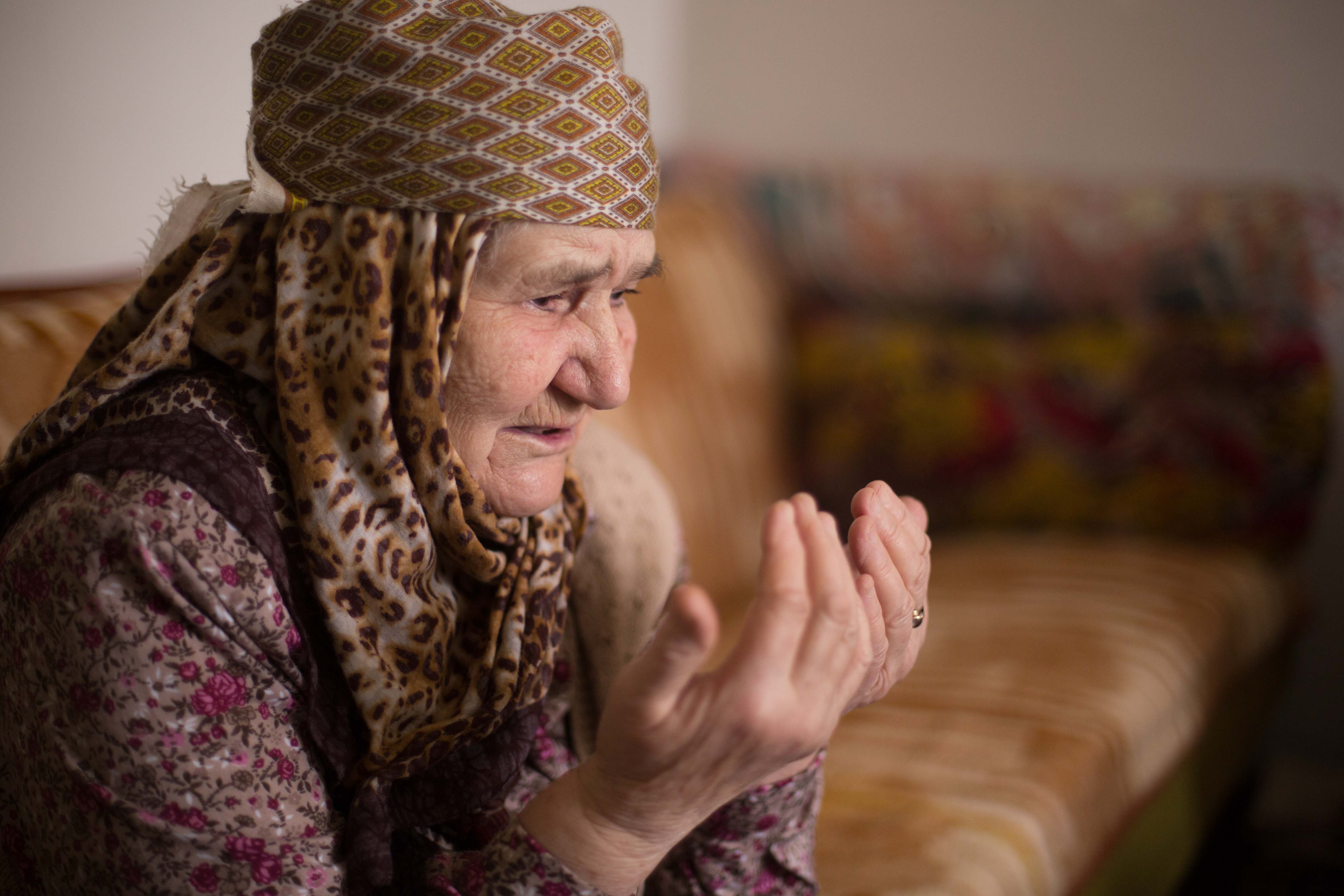Faith Communities and Women’s Sexual and Reproductive Rights

Sharifa Abdul-Aziz is the Senior Gender Policy Advisor at Islamic Relief Worldwide. Sharifa attended the Women Deliver conference on behalf of Islamic Relief USA, who is part of the Faith Alliance for Health who organized the panel Sharifa spoke at. She wrote the following reflection
Women Deliver is a leading global advocacy platform for women and girls rights, health and wellbeing. Thousands of influencers, policy makers, activists, journalists and young people from a number of countries come together to promote and highlight solutions and focus on how to make Sustainable Development Goals matter to women and girls. The event takes place every three years and has achieved putting maternal, sexual and reproductive health on the top of global and national priorities.
The conference took place in the picture perfect city Copenhagen; it is all at once a historic and modern, traditional and innovative city. My first impression of Copenhagen- why is everyone so pale, tall and blonde AND they ride bicycles. I lived in Paris, and everyone cycles in Paris; the only thing that was missing in Copenhagen was French bread sticking out of everyone’s baskets.
At the event in Copenhagen, Islamic Relief with our friends and partners including World Vision shared a platform to share our experience in working with faith communities on issues related to sexual reproductive health, and violence against women.
I shared Islamic Relief’s journey in promoting gender justice. For those who know Islamic Relief, it has and continues to give women the power to lift themselves and their families out of poverty by the provision of credit or assets. With all the talks of women economic empowerment, I feel like the word empowerment needs to be unpacked. The key word is POWER. Every woman has power, however, due to negative social norms, they are unable to recognize their abilities. Our programs try to support women and promote collective female power and actions to create enabling environments where women (in colloquial terms) are the BOSS of their lives and have control of their future, dreams and body.
Now the question is: how does faith and sexual reproductive health come into this? Well, in many faith communities, faith and culture are intertwined. And there are negative social norms and practices that put the lives of women and girls in danger because they are positioned low in the food chain. And this is the part I hate, because I have to repeat rhetoric, but the truth is: Islam gave women their rights even before the creation of anti-discrimination conventions. However, women’s rights in many Muslim faith communities are not respected, from their access to reproductive health to a violence-free relationship.
Moving forward, we need to take more steps to create safe and healthy families and communities, especially those of Muslim faith. We need to engage with Muslim faith leaders as well as key individuals who are motivated by their faith to make a difference. Give the knowledge and skills to prevent violence against women and girls and transform the lives of the neighbors. Create a support network amongst these individuals. I like to call them activists.
Change and transformation is created by individual and collective actions tackling the root cause, which is power imbalance and gender inequality, particularly in the area of gender based violence. We can use faith teachings to: 1) educate women and men about their rights and responsibilities to one another, 2) prevent all forms of violence that prevents girls and women from accessing and enjoying their rights and freedoms, and 3) hold our faith leaders accountable to the women and girls in their communities and to encourage them to create safe spaces in places of worship where women and girls can access vital information about their right to faith, life, family, wealth and education.
I was born a cynic, so I will need to tell you, the reader, that this transformation and change requires time and is a long process. Don’t expect it to happen overnight. Take a deep breath, pack your sense of humor and go forth.
On a brighter note, Ashley Judd attended our session. And I saw Annie Lennox, my role model, in the bathroom where she politely asked if she could skip the line because she needed to rush to an interview. I was star struck!
The session was ended with this quote from Shams Tabrizi, with which I will end this blog:
If you want to strengthen your faith, you will need to soften inside. For your faith to be rock solid, your heart needs to be as soft as a feather. Through an illness, accident, loss, or fright, one way or another, we are all forced with incidents that teach us how to become less selfish and judgmental, and more compassionate and generous. Yet some of us learn the lesson and manage to become milder, while others end up becoming even harsher than before. The only way to get closer to the Truth is to expand your heart so that it will encompass all humanity and still have room for more Love.




